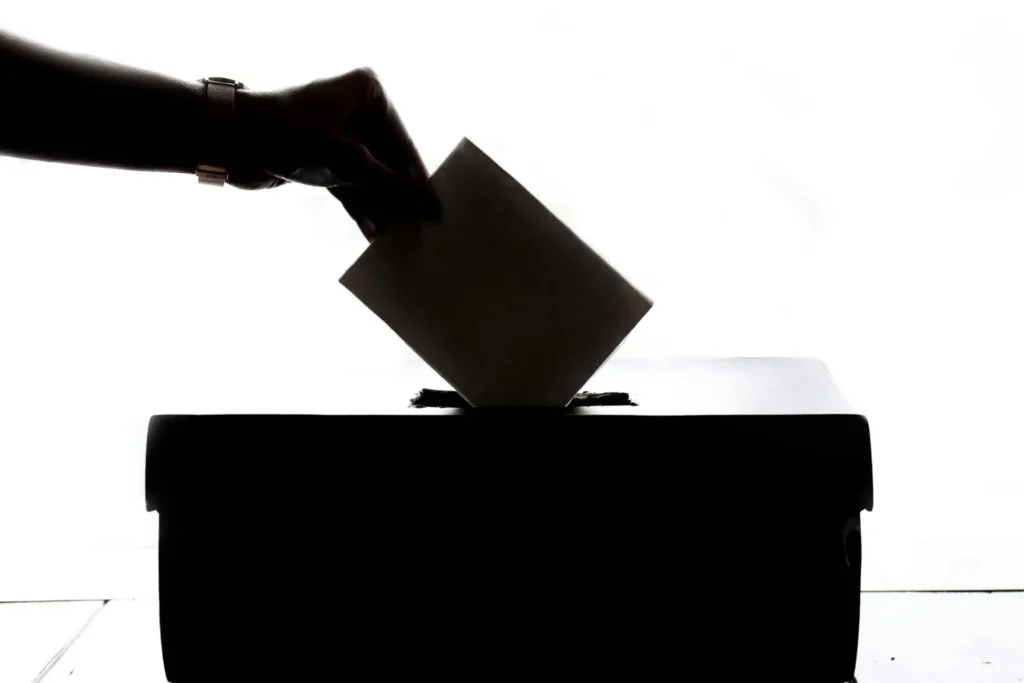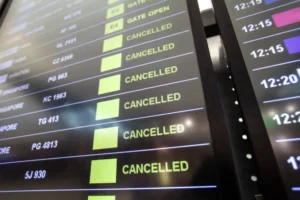The Alaska voting access bill passed the Senate 14-6 along party lines on Monday, sending sweeping election reforms to the House. Lawmakers said the bill would streamline voting processes, update registration rules, and expand ballot access across rural and urban Alaska.
Senator Bill Wielechowski, a democrat from Anchorage, said the bill merges twelve prior proposals from all the political affiliations. Wielechowski emphasized that the voter rolls need urgent cleanup.
“We have 106% more registered voters in the state than citizens,” said Wielechowski. The bill clarifies the definition of residency and shortens the timeline for marking voters inactive if they don’t participate.
It also expands triggers for notifications and allows voters 45 days to respond before moving to inactive status. The bill eliminates the absentee ballot witness signature requirement to reduce rejected ballots, especially in rural areas.
Instead, voters will receive a 24-hour notice to fix minor errors like a missing signature before Election Day. The bill introduces a ballot tracking system that alerts voters when officials receive and count their ballots.
It also provides prepaid postage for all mail-in ballots and adds tribal ID cards to accepted voter identification lists. The legislation creates a rural community liaison position, requires secure ballot drop boxes at division offices, and implements cybersecurity safeguards for election data.
Opponents, including Senator Mike Shower from Wasilla, criticized the bill’s lack of strict verification. He said that they’re making it easier to vote. Shower argued against removing the witness requirement and said mail-in ballots could be manipulated.
He raised concerns about unclear residency definitions and past voter data breaches. Despite the opposition, the voting access bill moved to the House Finance Committee, with a final vote expected before the May 21 legislative deadline.











